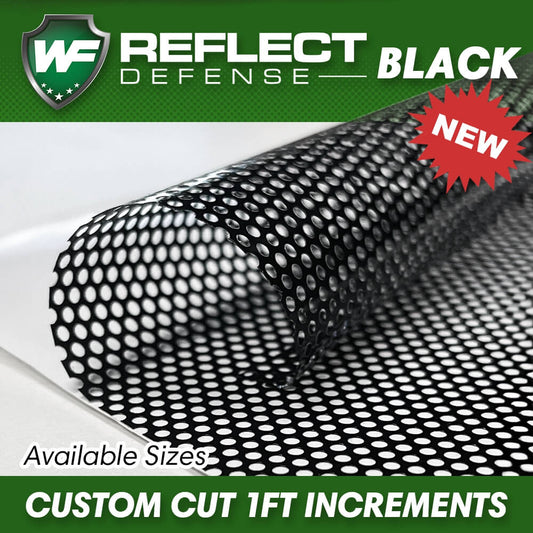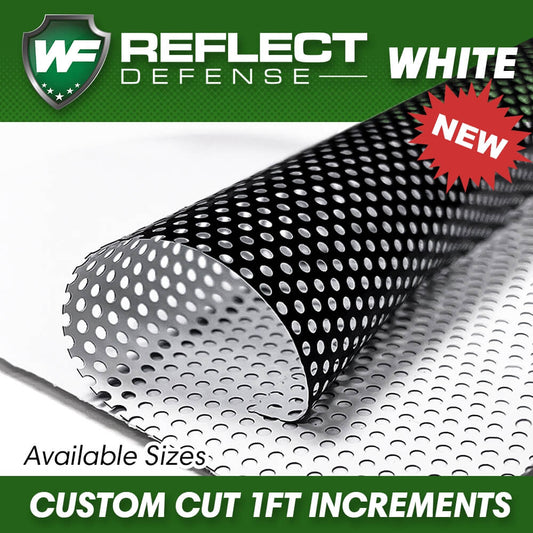In the evolving world of home and property maintenance, the phenomenon of siding melting due to intense window reflections has emerged as a pressing concern. Thankfully, sustainable and efficient solutions like anti-reflective window films are at the forefront of combating this issue. At Turf Shield Window Film, we specialize in these innovative products, offering a variety of options, including the White Film, Clear Film, and even Sample Kits for trial.
Understanding the Problem
The root cause of siding melting is often the intense reflection of sunlight off energy-efficient windows. This creates hot spots on adjacent siding, leading to warping or melting. Our blog post on "Why Vinyl Siding Melts" delves deeper into this issue.
The Role of Anti-Reflective Window Film
Anti-reflective window films, like our Black Film and Anti-Reflective Window Film TF-Pro, play a crucial role in mitigating these effects. They reduce the intensity of the reflections, thereby protecting the siding. Explore the "Benefits of Non-Reflective Window Film" for more insights.
Eco-Friendly and Sustainable
Choosing sustainable solutions is vital for environmental conservation. Our products, including the Installation Kit Wet, are designed with eco-friendliness in mind, ensuring minimal impact on the environment while providing maximum protection.
Easy Application
For DIY enthusiasts, our Installation Kit offers a straightforward way to apply these films. Moreover, you can learn more about the application process through our blog, "How to Protect Your Turf & Siding."
Conclusion
In conclusion, addressing siding melting through eco-friendly and effective methods like anti-reflective window films is not just a necessity but also a responsibility towards our environment. By choosing products from Turf Shield Window Film, you are not only safeguarding your property but also contributing to a more sustainable future.















